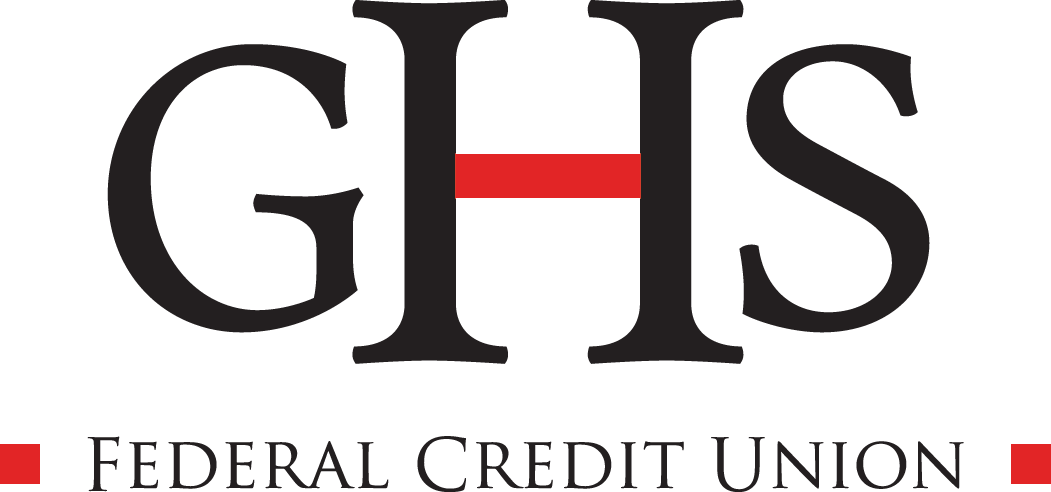When to Use a Credit Card vs. a Debit Card
You may think that debit cards are best for everyday use and credit cards are best for major purchases, or you should keep your credit card for emergency use only. But, these days, many people are choosing to use their credit cards for everything.
Read on to find out when you should use your credit card vs. debit card and why!
CREDIT CARD VS. DEBIT CARD: WHAT’S THE DIFFERENCE?
Credit cards and debit cards can both be used in a wide range of convenient ways. But there are a few important differences between them.
DEBIT CARDS
Debit cards are linked to your Checking or Savings account and draw on funds that you already have.
In cases where you don't have enough funds, a transaction may use overdraft coverage or be declined.
When transactions decline, you may need to pay a fee.
You can sometimes earn interest on your checking account balance.
Your transactions don't affect your credit score.
CREDIT CARDS
Credit cards give you access to funds that you borrow from your credit card issuer in a system known as revolving credit.
Your credit card comes with a credit limit and you can use as much or as little of the credit as you want.
To get a great credit score, it's best to use less than 30% of your total available credit across all accounts.
Each month, you can choose to pay off your total balance, pay an amount of your choosing, or pay the minimum balance due.
If you carry a balance from month to month, you need to pay interest – the rate you get is based on your credit score.
If you go over your credit limit, your card may be declined or you may need to pay an over-limit fee.
Timely payments will build your credit score while missed payments will hurt your score.
WHEN SHOULD YOU USE YOUR CREDIT CARD VS. DEBIT CARD?
If you're not sure which card you should pull out from your wallet, here are a few pointers to help you decide what to do in different situations.
Reach for your credit card when:
You're buying everyday items like groceries and gas and you want to build your credit and collect points on purchases to redeem for rewards.
You want to make a major purchase and pay it off on a schedule that suits you.
You want greater protection from fraud, especially while traveling.
Reach for your debit card when:
You have enough funds to pay cash for a large purchase so the payment is complete, and you don't need to pay interest or any other fees.
You're in a small store or market booth that charges a fee on credit card transactions under a certain amount, and you want to make a purchase for less than that amount.
You want to get cash out at an ATM or cash back in a store.
BENEFITS OF CREDIT CARDS VS. DEBIT CARDS
Here's a breakdown of which type of card can bring you more benefits over several important categories:
Building Credit
Credit cards are a great tool for establishing, building, or repairing your credit while your debit card activity doesn't impact your credit. Here's how credit cards can help you build credit:
Your credit card activity is automatically sent to the credit reporting agencies.
Regular purchases and timely monthly payments will gradually improve your credit.
Using your credit card to pay for groceries and daily expenses can help you build better credit faster than if you only use your credit card for major purchases.
Earning Rewards
Both credit cards and debit cards may offer rewards programs, like cash back or a system where you collect points on purchases and redeem them for awards like merchandise, travel, or gift cards.
Overall, credit cards tend to offer more opportunities to earn rewards than debit cards.
Card Security
Credit cards offer more protection from fraud than debit cards. If you notice suspicious activity on your credit card, it's generally easier and faster to get reimbursement than for a credit card. You can quickly cancel both types of cards and order a replacement card.
Both credit cards and debit cards may offer a Purchase Alert service where you can get notified when your card is used for a purchase over a certain value, or all purchases.
Digital Wallet & Mobile Payment Services
Both debit cards and credit cards can be used in the Digital Wallet app on your phone, so you don't need to enter your full card details with every purchase. Instead, you simply log in and enter your password or you may tap your phone at the in-store payment terminal.
Mobile payment services include Google Pay, Apple Pay, Samsung Pay, PayPal, CashApp, and more.
CHOOSING A CREDIT CARD FOR EVERYDAY PURCHASES
Now that you know the many advantages of using a credit card vs. debit card, you may wish to apply for a credit card for the first time or get a different card than what you have now.
Luckily, GHS Federal Credit Union is here to offer you a credit card that covers all the bases with low rates and no annual fee, plus a rewards program.
